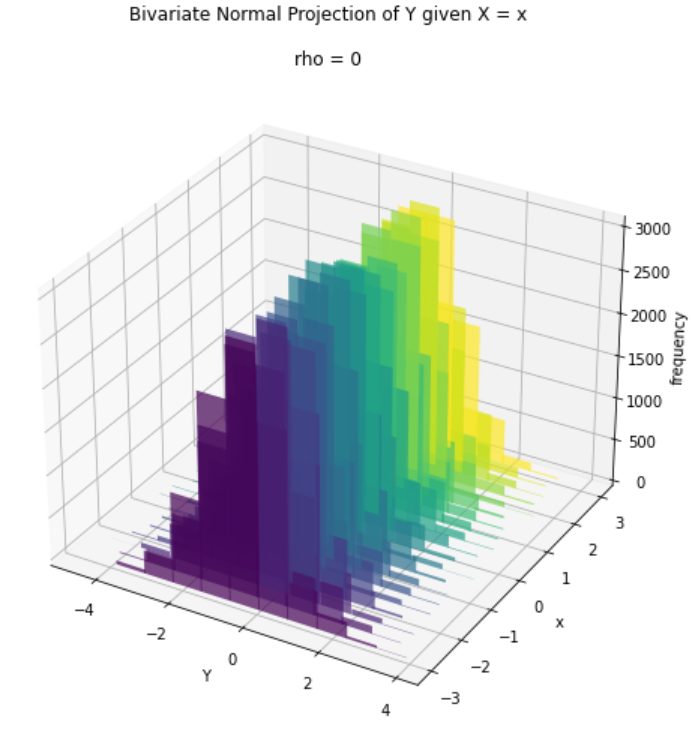Latest picks:
- Battling label distribution shift in a dynamic world by Av Shrikumar
- Attention and Transformer Models by Helene Kortschak
- Tech Should Take a Back Seat for Data Project Success by O’Reilly Media
- Innovating with What You Have by Lewis Davies
In case you missed them:







